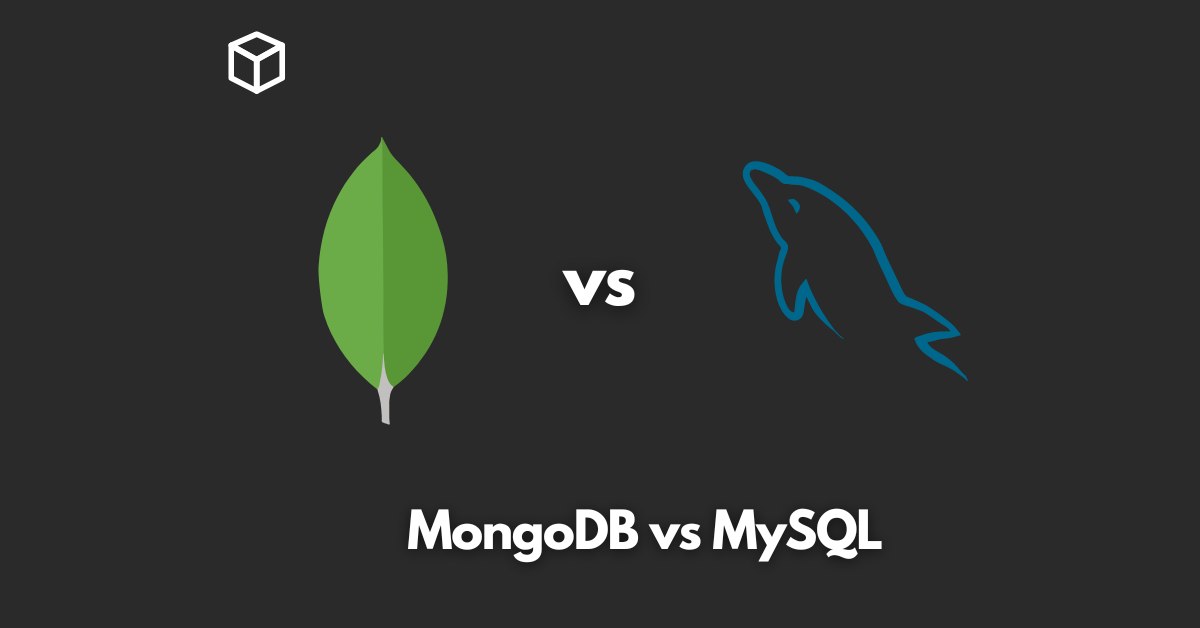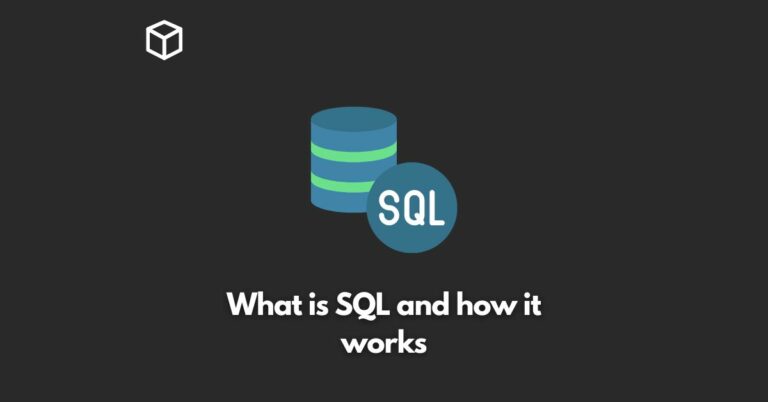When it comes to choosing a database management system, MongoDB and MySQL are two of the most popular options on the market.
Both systems have their own unique features and capabilities, making them suitable for different use cases.
In this article, we will take a detailed look at MongoDB and MySQL and compare them in terms of data modeling, performance and scalability, and use cases.
Data Modeling
One of the main differences between MongoDB and MySQL is their data modeling approach. MongoDB uses a document-based data model, which allows for greater flexibility and scalability.
In this model, data is stored in JSON-like documents, which can have different fields and structures.
This makes MongoDB particularly well-suited for big data and real-time analytics, as well as for content management and delivery.
On the other hand, MySQL uses a relational data model, which is based on tables and rows.
This model is more consistent and reliable, making it a good choice for e-commerce and financial applications, as well as for business intelligence and reporting.
Performance and Scalability
Another key difference between MongoDB and MySQL is their scalability.
MongoDB is designed to scale horizontally, meaning that it can easily handle large data sets by automatically distributing them across multiple servers.
This makes MongoDB particularly well-suited for write-heavy workloads, such as those found in social networking and mobile applications.
MySQL, on the other hand, is designed to scale vertically, meaning that it can handle larger loads by adding more resources to a single server.
This makes MySQL better suited for read-heavy workloads, such as those found in e-commerce and financial applications.
Use Cases
As we have discussed, MongoDB and MySQL are suited for different types of use cases.
MongoDB is well-suited for big data and real-time analytics, as well as for content management and delivery.
MySQL, on the other hand, is better suited for e-commerce and financial applications, as well as for business intelligence and reporting.
Conclusion
In conclusion, MongoDB and MySQL are both powerful database management systems that have their own unique features and capabilities.
MongoDB is well-suited for big data and real-time analytics, as well as for content management and delivery, while MySQL is better suited for e-commerce and financial applications, as well as for business intelligence and reporting.
When choosing a database management system, it is important to consider the specific needs of your application and choose the system that is best suited for your use case.
Final thoughts, MongoDB and MySQL both are widely used databases, MongoDB is more popular among the developers who want to work with unstructured data, scalability, and performance, while MySQL is popular among the developers who want to work with structured data, consistency, and reliability.
It depends on the use case and requirements which database is suitable for your project.




